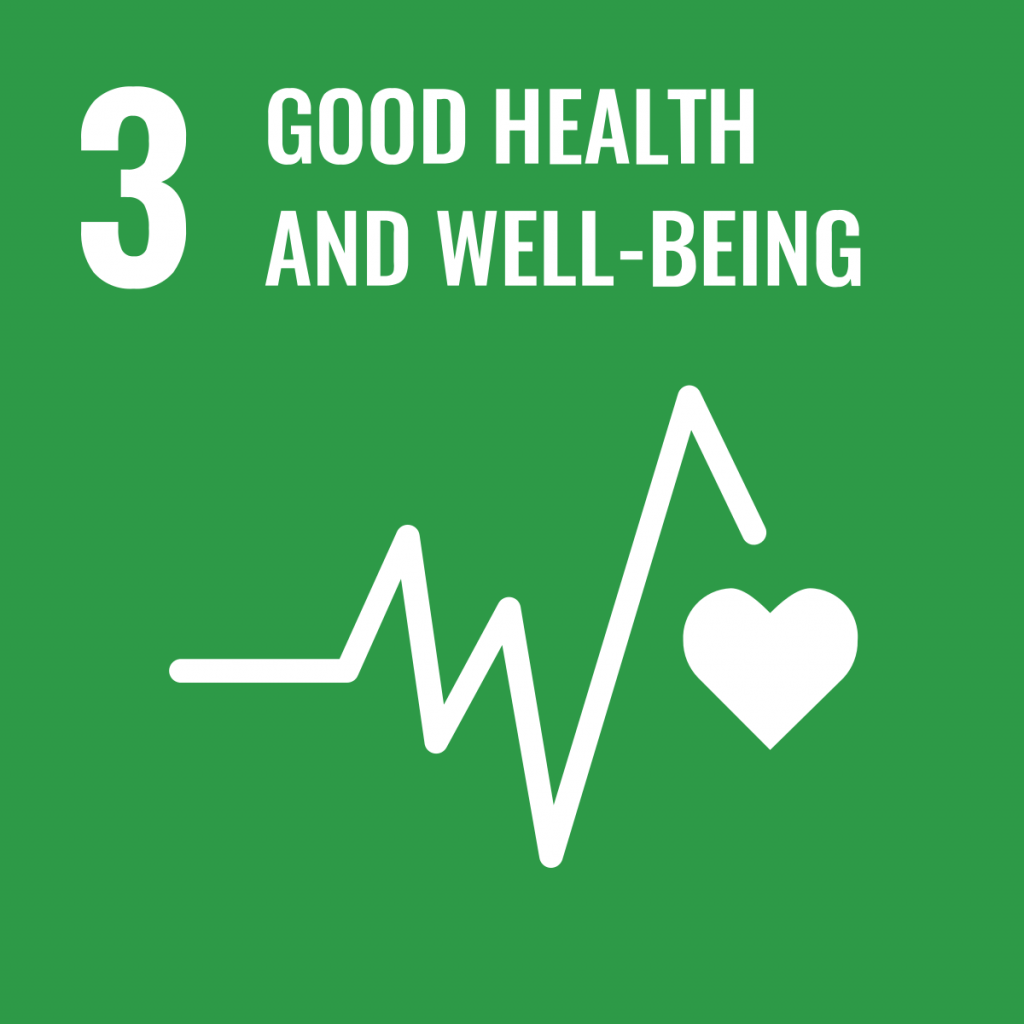
Sorbus Biomedical’s Cell Cultivation Systems contribute to the United Nations Sustainable Development Goal (SDG) 3: Good Health and Well-Being in several key ways. This goal aims to ensure healthy lives and promote well-being for all at all ages.
Sorbus Biomedical’s Cell Cultivation Systems are instrumental in advancing medical research, improving healthcare treatments, and supporting global health initiatives. By enabling the efficient and scalable cultivation of cells, these systems help achieve the UN goal of good health and well-being, contributing to healthier populations and more resilient healthcare systems worldwide.
Advancing Medical Research:
- Enhanced Cell Culture: by providing advanced and reliable cell culture systems, Sorbus Biomedical enables researchers to cultivate high-quality cell lines essential for medical research.
- Drug Development: these systems are crucial in the drug discovery and development process, allowing for high-throughput screening and toxicity testing, leading to the development of new, more effective medications.
Improving Healthcare Treatments: - Regenerative Medicine: Sorbus Biomedical’s systems support the cultivation of stem cells and other cells used in regenerative medicine. This can lead to breakthroughs in treatments for conditions such as spinal cord injuries, heart disease, and degenerative diseases.
- Personalized Medicine: the ability to culture patient-specific stem cell derivates of high functional quality in the development of personalized treatment plans, improving outcomes and reducing adverse reactions.
Increasing Accessibility and Affordability of Biologics: - Biopharmaceutical Production: more efficient large-scale production of biopharmaceuticals, including vaccines, therapeutic proteins, and antibodies, can reduce costs and increase accessibility of these crucial treatments globally.
- Supply Chain Efficiency: automation and scalability in cell cultivation ensure a more stable and reliable supply of biologics, essential during health crises such as pandemics.
Supporting Preventive Healthcare: - Vaccine Development: advanced cell culture systems are pivotal in the research and production of vaccines, which are essential for preventing infectious diseases.
- Early Diagnosis: by enabling the production of diagnostic tools and reagents, these systems contribute to early diagnosis and treatment of diseases, improving patient outcomes.
Promoting Sustainable Healthcare Practices: - Efficiency and Waste Reduction: automated and optimized systems reduce resource consumption and waste, contributing to more sustainable healthcare practices.
- Safety and Quality Control: high standards of sterility and automation reduce the risk of contamination and errors, ensuring safer and more reliable production of medical products.
Supporting Global Health Initiatives: - Collaborations and Partnerships: by partnering with global health organizations, research institutions, and pharmaceutical companies, Sorbus Biomedical can contribute to large-scale health initiatives aimed at tackling diseases that disproportionately affect low- and middle-income countries.
- Capacity Building: providing advanced cell cultivation technology and training to institutions worldwide helps build local capacity for research and production of essential medical products.
Examples of Impact: - COVID-19 Vaccine Development: Advanced cell culture systems played a critical role in the rapid development and mass production of COVID-19 vaccines, highlighting the importance of such technology in responding to global health emergencies.
- Cancer Research: the development of new cancer treatments, including immunotherapies, relies heavily on sophisticated cell culture techniques, which Sorbus Biomedical’s systems support.
